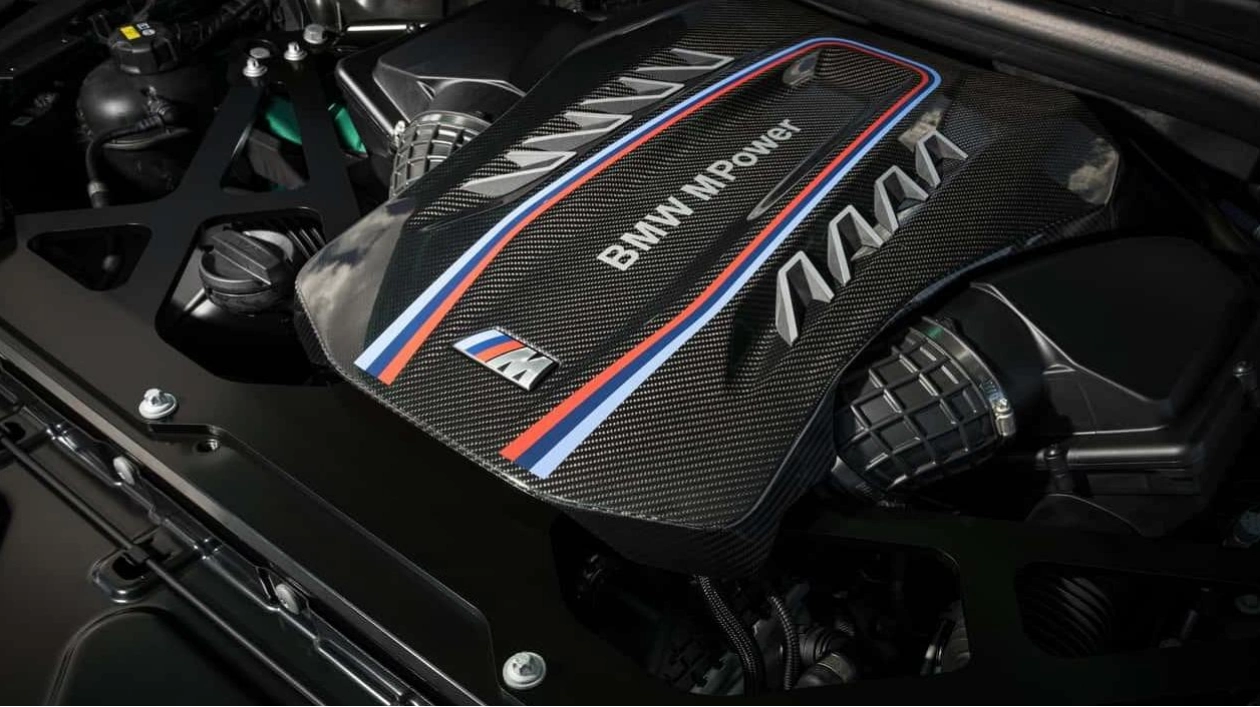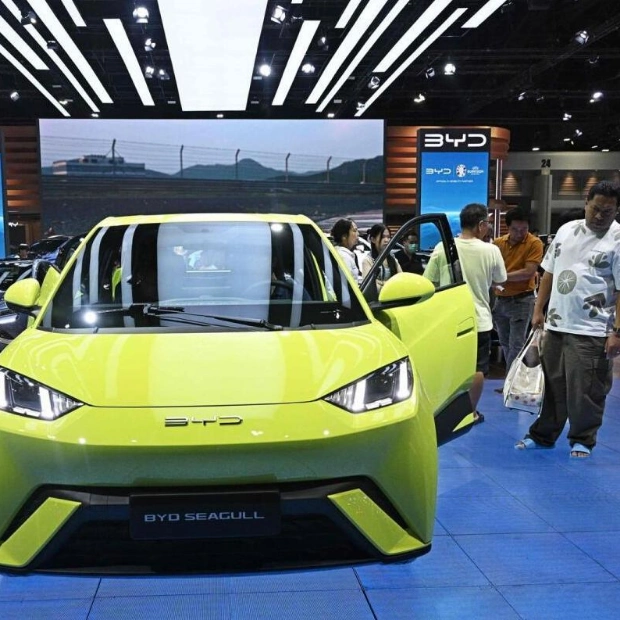Technically, the European Union won't outright ban the sale of new cars with combustion engines from 2035. Instead, the EU will prohibit automakers from selling new vehicles that emit harmful pollutants. This effectively amounts to the same outcome unless carbon-neutral synthetic fuels become widely available within the next decade. Given the current pace, this appears unrealistic, leading to mounting criticism against the proposed ban.
Italy's Minister of the Environment and Energy Security, Gilberto Pichetto Fratin, is the latest to voice opposition to the EU's 2035 ban. He argues that the ban must be revised, stating that the current 'ideological vision' has already proven unworkable. Pichetto Fratin even described the plan as 'absurd' and called for a more 'pragmatic vision' for Europe.
Italian officials are pushing for an earlier review of the 2035 new ICE sales ban. Instead of waiting until 2026, the country’s Minister for Business and Made in Italy, Adolfo Urso, wants the rule to be evaluated as early as 2025. Urso warns that without changes, the European car industry could face collapse. The right-wing government of Giorgia Meloni advocates for more flexibility among EU member states in achieving decarbonization targets. A gradual transition from ICE to EV is seen as a more feasible objective than a sudden switch within a decade.
In recent months, most European automakers have adjusted their EV goals, delaying their ambitious all-electric plans. Even Volvo no longer believes it can end gas car sales by 2030. Brands like Mercedes, Porsche, Bentley, and Ford of Europe are no longer confident in their previous electric-only commitments. With many countries reducing or eliminating EV subsidies, demand for electric vehicles is slowing. The European Automobile Manufacturers' Association reports that fully electric cars accounted for 12.5% of the market in the first half of the year, down 0.4% from the same period in 2023.
Car manufacturers are pushing consumers to buy EVs to avoid hefty fines for exceeding fleet emissions targets. These targets are set to become stricter from 2025, putting automakers in a challenging position. The influx of cheaper Chinese-made cars has intensified competition, though newly imposed tariffs are mitigating this somewhat. The EU's decisions will have global implications, as some of the world's largest car manufacturers are based in Europe. If new ICE vehicle sales are banned in 27 EU countries from 2035, it could reduce the development of gas cars in other markets. Economies of scale are maximized by selling the same car/engine in multiple countries; removing Europe from the equation would require a complete reevaluation of this strategy.






